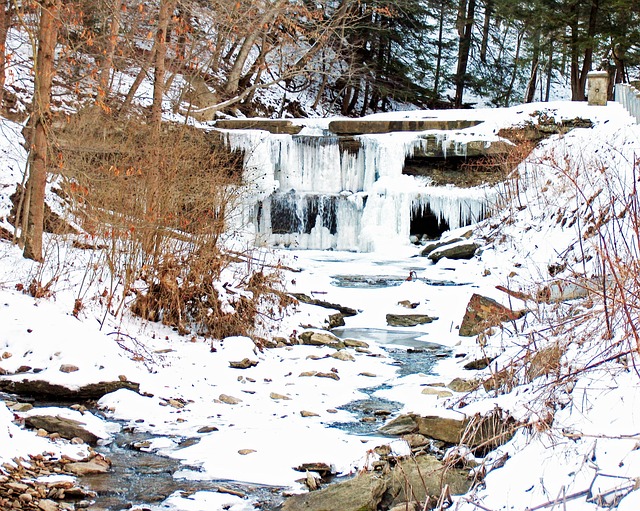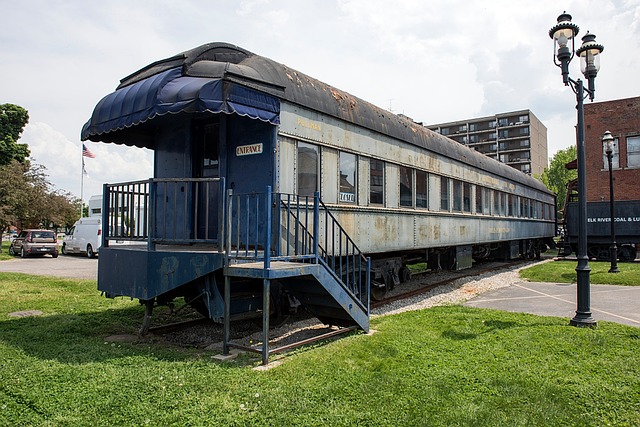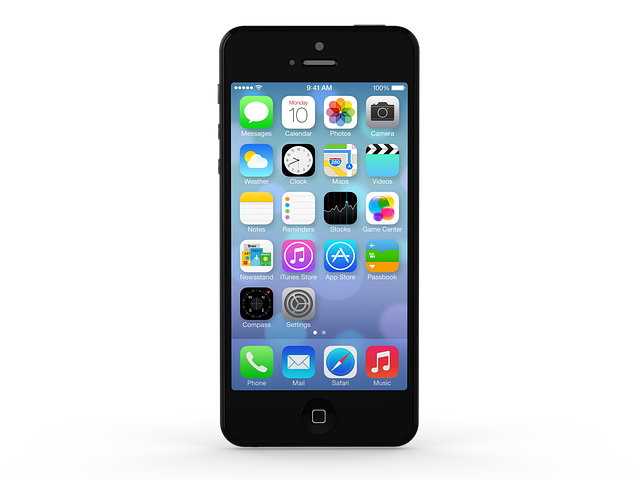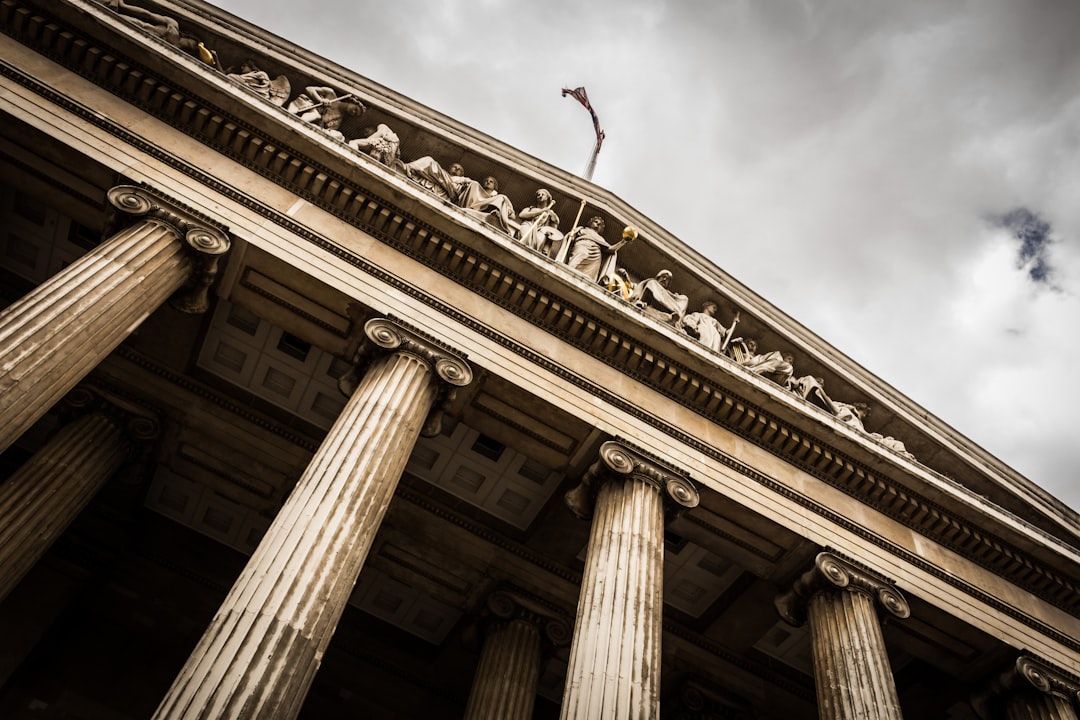In West Virginia, telemarketing laws, including the Do Not Call list, protect residents from unwanted calls. Individuals should register their numbers on the National Do Not Call Registry and understand how to complain about illegal calls. Businesses, especially law firms, must adhere to regulations, obtaining explicit consent and respecting privacy. Illegal telemarketers use deceptive practices and can face significant fines. Victims should report violations and consider hiring a Do Not Call Lawyer in West Virginia for guidance and legal action.
In Huntington, West Virginia, navigating telemarketing calls can be a complex landscape. Understanding the legal distinction between legitimate sales pitches and illegal harassment is crucial for consumers. This article guides you through the intricacies of telemarketing laws in West Virginia, focusing on the powerful Do Not Call List and how it protects residents from unwanted interruptions. Learn to identify legal vs. illegal telemarketers, explore the consequences of violating these laws, and discover your rights as a Huntington resident, with insights from a dedicated Do Not Call Lawyer in West Virginia.
Understanding Telemarketing Laws in West Virginia

In West Virginia, telemarketing laws are designed to protect residents from unwanted and illegal calls, especially those from attorneys seeking new clients. The Do Not Call list is a significant component of this protection. Residents can register their phone numbers on this list, which prohibits law firms and other entities from making automated or prerecorded telemarketing calls to the registered number.
Understanding these laws is crucial for both consumers and businesses. Consumers should be aware of their rights and know how to file a complaint if they receive illegal calls. Businesses, particularly legal practices, need to adhere strictly to telemarketing regulations to avoid penalties. This includes obtaining explicit consent before making calls and ensuring that all marketing efforts respect the privacy and preferences of West Virginia residents.
The Do Not Call List: How It Works and Who's Protected

In Huntington, West Virginia, the Do Not Call List is a powerful tool designed to protect residents from unwanted telemarketing calls. This list, maintained by the Federal Trade Commission (FTC), allows individuals to register their phone numbers and opt-out of receiving sales or promotional calls. Once on the list, consumers are ensured that their privacy is respected, as it’s illegal for telemarketers to call them. This initiative significantly reduces the volume of nuisance calls, providing peace of mind to those who enroll.
The Do Not Call List works by blocking registered numbers from receiving automated calls or prerecorded messages. It’s not just a list; it’s a legal framework that holds telemarketers accountable. Anyone in West Virginia can register their landline or mobile number through the FTC’s website or by contacting their state attorney general’s office. A Do Not Call Lawyer in West Virginia can also offer guidance on navigating this process and ensuring compliance, making it easier for residents to protect themselves from intrusive marketing calls.
Recognizing Legal vs Illegal Telemarketers

Recognizing the difference between legal and illegal telemarketing calls is crucial for residents in Huntington, West Virginia. Legitimate businesses adhere to strict regulations, respecting consumers’ privacy and consent. They often provide clear disclosure about their identity, purpose of the call, and how personal information will be used. If you receive a call from a known company, they might offer options to opt-out or unsubscribe, ensuring future calls are not received.
On the other hand, illegal telemarketers may employ deceptive tactics, pretending to represent reputable organizations. They often make unsolicited calls, using high-pressure sales techniques and refusing to stop despite requests. Illegal callers might also gather personal information through trickery or even threaten consequences if you refuse their services. Remember, if a call makes you feel uncomfortable or violates your ‘Do Not Call’ registrations, it’s likely an illegal telemarketer.
Consequences of Making or Receiving Unwanted Calls

Making or receiving unwanted telemarketing calls can have significant consequences for both individuals and businesses in Huntington, West Virginia. Such calls, often referred to as “do not call” violations, are regulated by federal and state laws, including the Telemarketing and Consumer Fraud and Abuse Prevention Act (TCFAPA). If a business or individual is found guilty of making unauthorized telemarketing calls, they can face substantial penalties, including fines ranging from $500 to $15,000 per violation.
For those who become victims of these unwanted calls, the impact can be stressful and invasive. Receiving repeated calls despite being on the “Do Not Call” registry is a clear breach of privacy. It’s recommended that individuals affected by such practices report them to the Federal Trade Commission (FTC) or the appropriate state attorney general’s office. Moreover, seeking legal counsel from a do not call lawyer in West Virginia can help protect one’s rights and provide guidance on potential legal actions against persistent violators.
Your Rights and Resources in Huntington

In Huntington, West Virginia, residents have rights when it comes to dealing with telemarketing calls, both legal and illegal. If you find yourself on the receiving end of unwanted or fraudulent calls, there are resources available to help. The first step is to understand your rights. According to state laws, including those in West Virginia, businesses must obtain prior written consent before placing automated or prerecorded telephone calls for marketing purposes. Additionally, they cannot call you if you have registered your number on the National Do Not Call Registry.
If you suspect illegal telemarketing activities, such as scams or persistent calls despite requesting to be removed from their list, it’s advisable to document the calls and report them to local authorities or consumer protection agencies. You can also seek legal counsel from a reputable Do Not Call lawyer in West Virginia who can guide you on taking appropriate action. These measures will not only protect your rights but also help ensure that other residents of Huntington are not targeted by similar fraudulent schemes.






